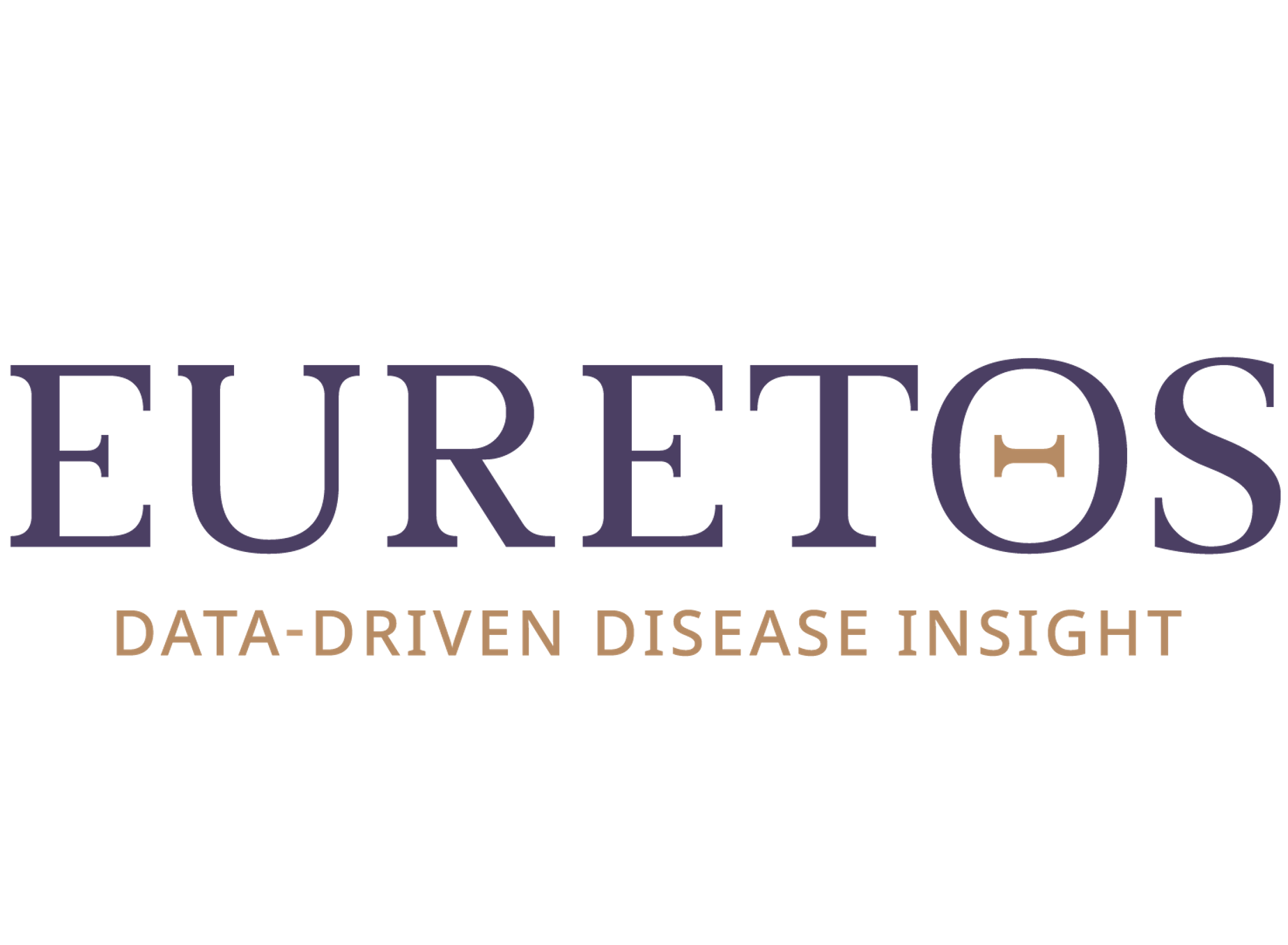A consortium of 12 partners from academia, medical centers and intensive care units involved in the Dutch response to COVID-19 together with industrial partners, including Euretos, will combine expertise to improve treatment of COVID-19 patients.
Euretos will contribute access to the Euretos AI Platform to aid in the development of a COVID-19 computational disease model. By combining the metabolomics data with computational models and validating potential interventions in organ-on-a-chip models using metabolomics as read-out, therapeutic interventions will be evaluated and prioritised and allowing stratification of patients.
‘It’s problematic that we don’t know why patients react so differently to the virus and that we can’t predict this,’ says Thomas Hankemeier, professor Analytical biosciences at Leiden University and leader of the consortium. ‘We want to change that, so that we can provide more effective care.’
The project addresses the fact that much is unknown about the disease mechanisms underlying Covid-19, the disease caused by the new coronavirus. It is a complex illness in which patients develop very diverging symptoms. Some patients do not or hardly notice that they have been infected, while others end up at the intensive care at high risk of dying.
The objective of this project is to support the fight against COVID-19 by predicting which patients will develop severe symptoms and by developing suitable and timely interventions for patient subgroups.
This more personalised approach will lead to an improvement of patient outcomes and a shorter stay at intensive care units. Metabolomics profiling of COVID-19 patient blood will be employed in order to identify prognostic biomarkers and therapeutic targets for disease management, including prevention strategies, nutritional treatment and support.
COVID-19 care will benefit from insights in systemic immunologic and immuno-metabolic states, which are suspected drivers of acute responses. Specifically, this will shed new light on the role of endothelial dysfunction. For this, about 5.000-7.000 metabolic profiles in COVID-19 patients will be measured. By combining the metabolomics data with computational models and validating potential interventions in organ-on-a-chip models using metabolomics as read-out, therapeutic interventions will be evaluated and prioritised and allowing stratification of patients. The data generated from this project will be translated to clinical practice by consortium partners within project runtime to support ICU care, as well as other patients at risk. In this way, COVID-19 patient care can be improved, monitor the effect of new and old drugs, and optimise diet and food supplements on a very short term.
The impact of the project goes beyond the current COVID-19 pandemic by providing a roadmap for the identification, patient stratification, and improved treatment of other viral infections (known and unknown, such as SARS/MERS-like viruses, Flu viruses, HIV, Hepatitis, Ebola virus) and other non-viral diseases.
Subscribe to our mailing list and receive our quarterly updates!
Read our Terms and Conditions

Keep up with our latest news and events. Sign up for our newsletter.